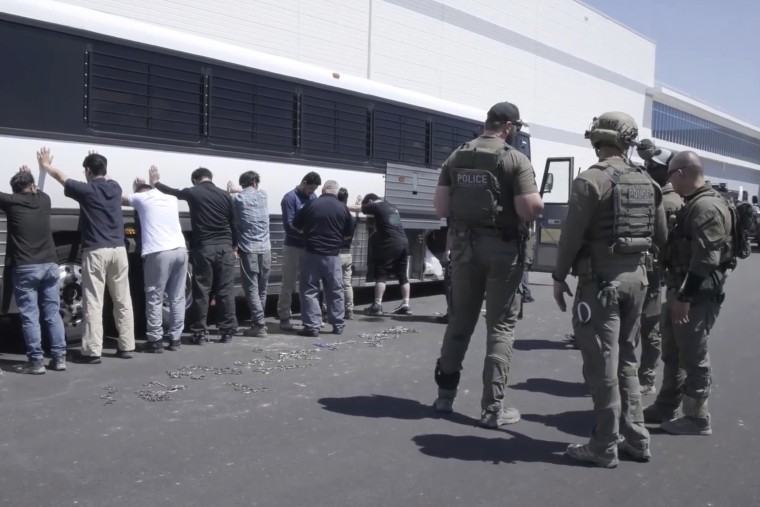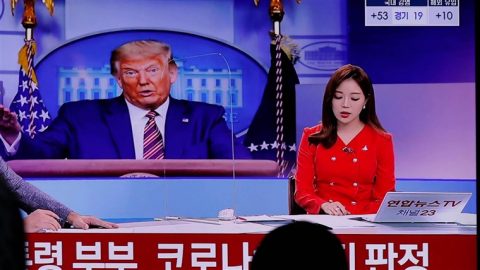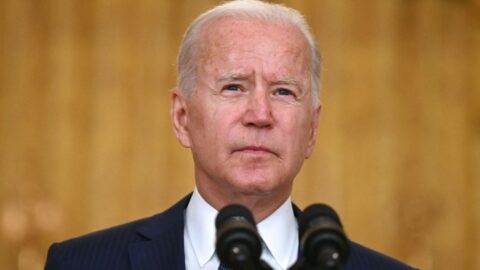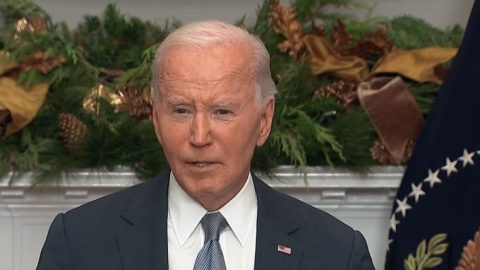They are among 475 people detained by U.S. immigration and other federal agents in the Sept. 4 raid on a construction site in the town of Ellabell, where the South Korean companies Hyundai and LG Energy Solution are jointly building an electric vehicle battery plant.
U.S. officials say those arrested were working or living in the country illegally.
South Korean companies faced with U.S. bureaucratic delays and murky regulations have long sent employees to the U.S. under various short-term visa programs, and many view it as unfair that this practice — an open secret for more than a decade — is only now being cracked down on.
President Lee Jae Myung said Thursday that the raid could hurt his country’s business ties with the U.S., where his country has pledged $500 billion in investment as part of tariff negotiations, including $26 billion from Hyundai, South Korea’s largest automaker.
“Companies will inevitably worry: ‘If setting up factories in the U.S. brings endless restrictions and difficulties, should we even proceed?’” he said at a news conference in Seoul marking his 100th day in office.
‘Gray area’ visas
The plane sent by the South Korean government to retrieve the detained workers is scheduled to leave Atlanta at noon ET Thursday and arrive in Seoul on Friday around 4 p.m. local time (3 a.m. ET).
South Korean officials had originally hoped the workers would leave Atlanta as early as Wednesday afternoon, but the Foreign Ministry said Trump had ordered the repatriation delayed in order to discuss whether detained nationals should remain in the U.S. to continue working.
In a meeting in Washington on Wednesday, South Korean Foreign Minister Cho Hyun told Secretary of State Marco Rubio that it would be better for them to return home first and then re-enter the U.S. “since these individuals were already in shock and are exhausted,” a South Korean government official said.

The official said that the U.S. agreed to repatriate the South Koreans and that Trump had instructed that they be transported to the airport without physical restraints such as handcuffs, in a departure from standard U.S. practice.
That was an important condition for the South Korean government, along with assurances that the detained workers will not face obstacles returning to the U.S. in the future.
“They’re not there to take American jobs away,” said James Kim, chairman and chief executive of the American Chamber of Commerce in Korea. “Semiconductors, electric batteries — there’s not that much domain expertise in the U.S. right now.”
Most Koreans, especially those who work for major companies like Hyundai and LG, “want to follow the law,” Kim told NBC News.
The problem is that “a lot of these different visa types have a lot of gray area to it,” he said.
With the Visa Waiver Program, for example — which allows tourism or business stays of up to 90 days and is also known as ESTA — “they really don’t know 100% what you can and cannot do with it,” he added.
South Korean companies and business groups are urging their government to use the issue as an opportunity to improve U.S. visa procedures for employees.
At a meeting in Washington on Tuesday, companies including Hyundai and LG, told Cho that U.S. and South Korean officials should work together to make South Koreans eligible for the same E-4 visas already available to other U.S. free trade agreement partners such as Mexico, Canada, Singapore and Australia. Legislation that would do exactly that has long been stuck in Congress.









Recent Comments